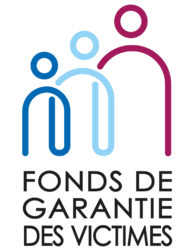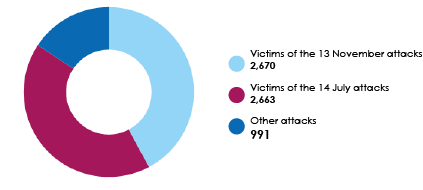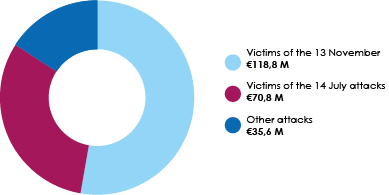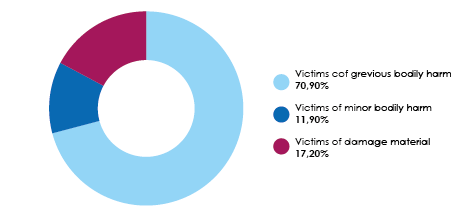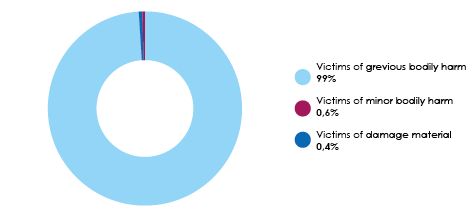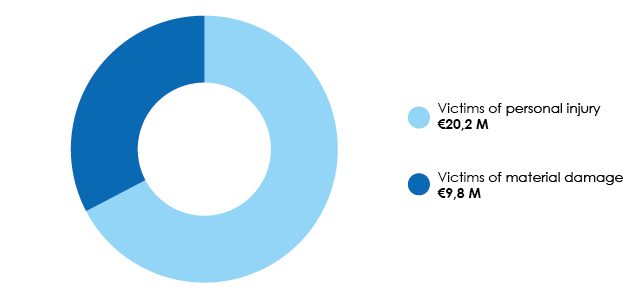The Guarantee Fund for Victims of Terrorist Acts and Other Offences
1/ Compensating victims of terrorism
The FGTI was created by the legislator to take care of victims of acts of terrorism by compensating the damages suffered.
French or foreign victims of attacks that took place in France as of 1 January 1985 and French victims of attacks that took place abroad may apply to the FGTI for compensation for personal injury and material damage suffered, following a special procedure.
As soon as the authorities have sent information to the FGTI concerning the circumstances of the terrorist act and the identity of the victims, the compensation officers dedicated to supporting victims of terrorism contact the victims directly, if they do not immediately go to the scene or to their place of hospitalisation.
This dedicated team assists them in putting together their claim and strives to quickly pay a financial advance to cover the initial costs. It then makes an offer of compensation to them as soon as the state of the damage is such that a final assessment is possible, i.e. the victim’s state of health is deemed to have stabilised by an independent medical expert.
Victims compensated since January 2015 (as at 31/12/2019)
6 324 victims covered
Amount of compensation paid: €225 M
2/ Compensating victims of crime
In 1990, the FGTI was entrusted by the legislator with the complementary mission of financially compensating the victims of common law offences.
Victims first refer their claims to the Crime Victims Compensation Board (CIVI), which then forwards the claims to the FGTI, which is responsible for offering an amount of compensation. The CIVI, as a court, then decides either to approve the agreement (if the victim accepts the FGTI’s offer) or to set an amount of compensation if the victim rejects the offer.
⇒ 90 % of victims of minor offences and 82.5 % of victims of serious offences are compensated through the amicable procedure conducted by the FGTI’s compensation teams.
As soon as the victim is compensated, the FGTI turns against the perpetrator, who was convicted of the offence, and demands reimbursement of the compensation paid. This recourse helps to make the perpetrators aware of the seriousness of the acts for which they are blamed, thereby helping to combat recidivism.
Key Figures
16,722 Compensation Claims in 2019
Settlements made in 2019 : €364,1M
3/ Assisting in the recovery of damages awarded to victims
After obtaining damages — often small amounts — in a criminal trial, victims of crime who are not eligible for compensation before the Crime Victims Compensation Board (CIVI) often have the greatest difficulty in obtaining payment from the perpetrators.
Due to unwillingness on the part of the convicted perpetrators or their actual insolvency, the victims must shoulder the efforts to recover these sums alone, which involves considerable financial commitment.
In order to remedy this situation, the legislator decided in 2008 to create a mechanism enabling these victims to benefit from the FGTI’s intervention to recover the sums owed to them, either in full or in the form of an advance and then within the framework of a mandate: this mechanism is the SARVI.
Key Figures
48,586 claims receivable in 2019
Settlements in 2019 : €30 M
